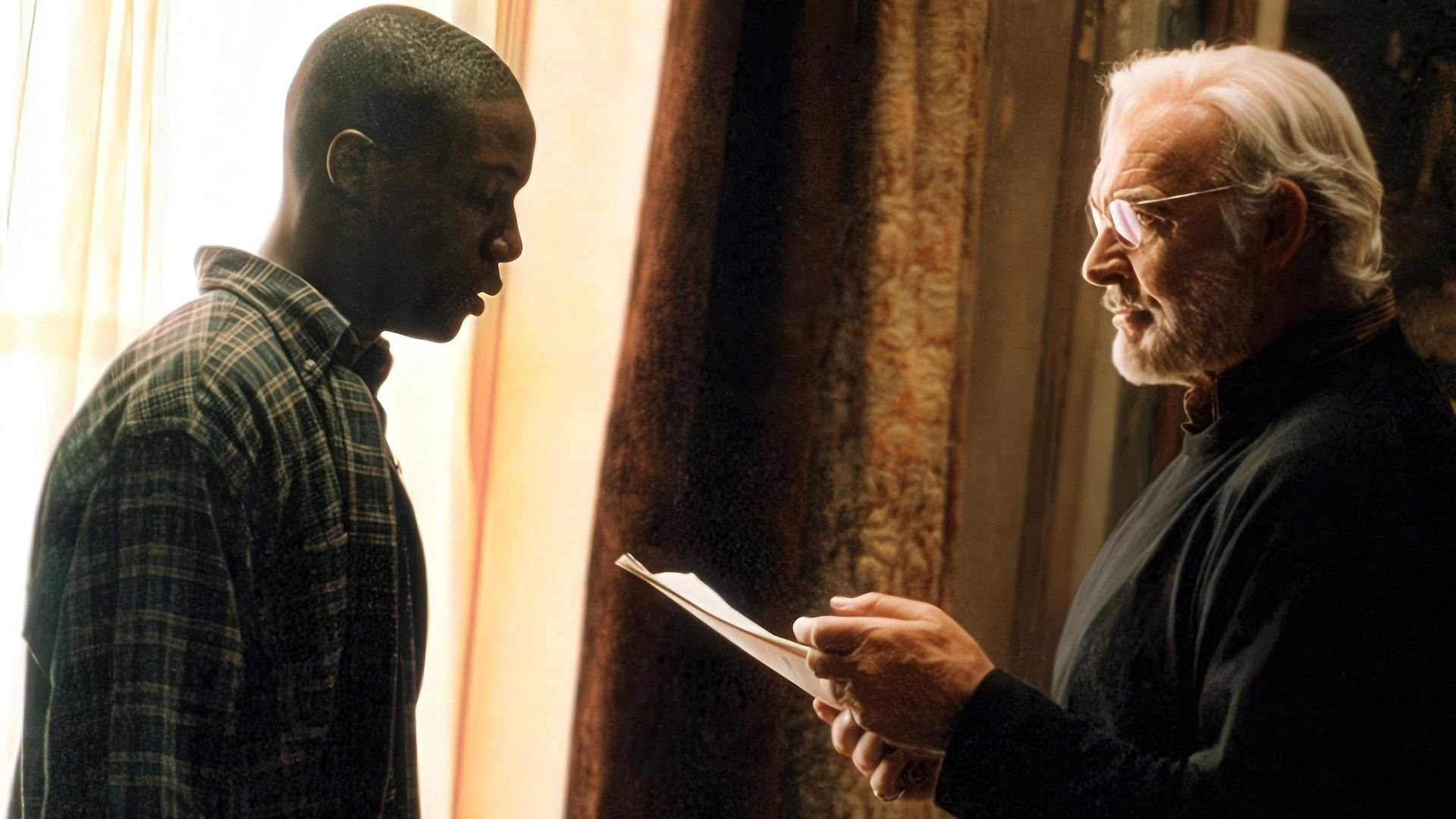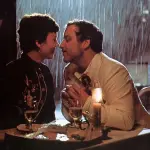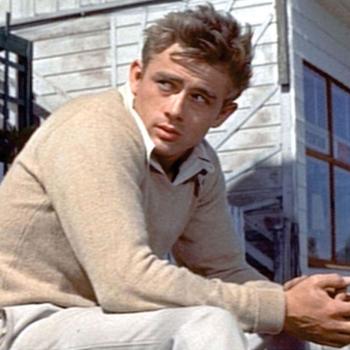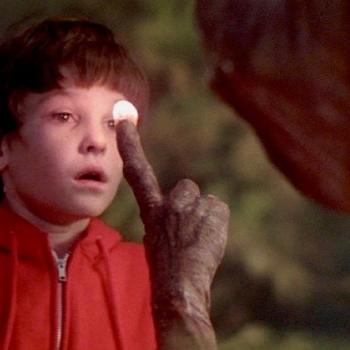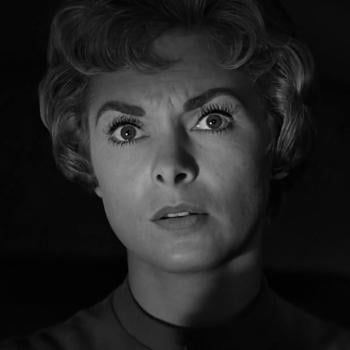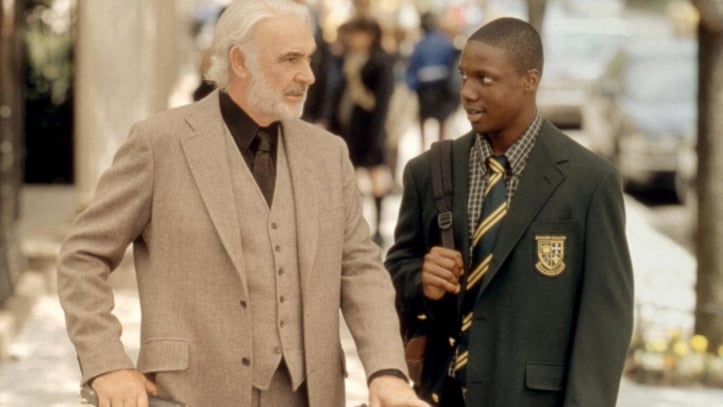
I feel like half of what I do on this film blog is confess about movies that I haven’t actually seen, so I might as well be honest and say … I have only seen one of Sean Connery’s James Bond movies. One. It’s not that I consider myself above them, I just haven’t really gotten around to them.
But I do have respect for Sean Connery’s work. Case in point: Finding Forrester.
This movie could be understood as a spiritual sequel to Good Will Hunting (also directed by Gus Van Sant) in that it also follows a young man squandering his talents who needs the help of an older mentor figure to unlock his potential. In this movie, his name is Jamal, a 16-year-old boy living in the Bronx who doesn’t tell anyone about his passion for writing. He doesn’t even tell his mom that he tested to be accepted into the most prestigious high school in the city–who accept his enrollment with the suggestion that he play basketball for them.
As all this is going down, he stumbles into a friendship with William Forrester, the cantankerous old man whose apartment is perched right above the basketball court where he and his friends play. Turns out this guy wrote one outstanding book … and then disappeared. Jamal is able to twist Forrester’s arm into mentoring him as a writer, but Forrester may end up helping him with a lot more.
There are layers here in this movie and this relationship, including some observations about the life of inner-city minority kids existing within a largely white space. Someone else will have to unpack all that, though. In this space, I want to give attention to Forrester and Jamal’s relationship purely as two people who help each other move to a better place emotionally. At the start, neither Jamal nor Forrester exist in a space where they are challenged, and so they are frustrated. Coming together gives them a chance to do better. Forrester helps Jamal finesse his writing gift, and Jamal in turn helps Forrester find the courage to live in the world.
It’s honestly kind of amazing how much Forrester is able to glean about a person simply by reading the things they write. He can tell just from Jamal’s scribbles on a notepad that he really wants to go to this new school where he can actually be challenged. This is a man who can look at a page on a book and see the whole world … which is sort of his problem. That’s the only way he sees the world. The guy’s been locked in his apartment for years.
Jamal, meanwhile, is never abrasive, but he also rises to the challenge that Forrester sets by his thorny temperament. He catches onto the way that Forrester dares him to question his own advice, and he meets him halfway. Jamal will need some of that gumption as he navigates his new school where his teachers doubt whether he could ever actually thrive in this space.
Across this whole scenario, there is a question of what the worth of a good book, or a good writer, is anyway in the grand scheme of things. After publishing that first book, and after his brother died, Forrester found himself unable to answer that question, and so he pulled back. He stopped writing, and he stopped living in the world. What was the point?
And maybe there is nothing materially significant about words on a page or the images they conjure in our minds. Just as there’s nothing materially significant about the act of seeing another person, especially another person from a totally different background than you, but it sure can feel important, can’t it?
The movie lands on more or less the same observation as something like Wreck-it Ralph, where the dissatisfied person finds peace with himself not by rearranging their own scene, but in choosing to give stability and guidance to someone without a tether.
Anyways, I’ll get around to James Bond one of these days, I swear …
